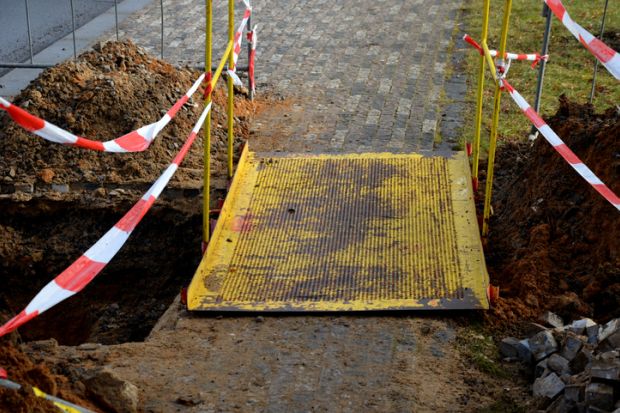UK-based winners of Horizon Europe applications have been guaranteed funding, even if the country’s association to the European Union programme is not done when their grant agreement is signed.
The UK government guarantee will cover anyone who won funding from the first wave of calls for the €95.5 billion (£87.6 billion) programme, which opened in February and runs until 2027. Announcing the stopgap, the Department for Business, Energy and Industrial Strategy said the government’s goal remained full participation in Horizon through association.
“The guarantee announced today is a short-term measure intended to cover the first wave of calls until the EU formalises the UK’s association, as was agreed under the Trade and Cooperation Agreement. The government remains committed to securing this outcome so that research collaboration can continue, and we stand ready to formalise our association,” the department said.
The European Commission has indicated that delays to UK association are linked to talks over the Northern Ireland protocol. The UK’s lead negotiator, Lord Frost, said on 26 November that “the gap between our positions is still significant” on the protocol and that the UK may yet escalate the dispute by triggering the TCA’s Article 16 dispute mechanism.
In the meantime, the Horizon funding guarantee will come to successful applicants via UK Research and Innovation, which is due to publish further details about eligibility, scope and how to apply. “We welcome the government’s decision to provide funding to those who have successfully applied to Horizon Europe and will be finalising the processes needed to distribute the funds in the coming weeks,” said UKRI’s international champion, Christopher Smith.
The UK minister for science, research and innovation, George Freeman, said the government was “committed to supporting the UK’s world-class research sector in international collaborations, and this safety net will give researchers and their partners the certainty they need to continue to pursue their project plans and maintain world-class science”.
James Wilsdon, professor of research policy at the University of Sheffield, previously told Times Higher Education that UK-based applicants would become less attractive to EU-based Horizon collaborators “the longer we are in this political limbo”. “Researchers are being told to continue applying for grants as normal, but the reality is that research colleagues in France and Germany notice these challenging circumstances and assume we are not as reliable a partner to have,” he said.
While the guarantee may provide some reassurance to UK-based applicants and their collaborators, much remains unknown about the scope of the safety net, including its expiry date. Graeme Reid, chair of science and research policy at UCL and author of a 2019 UK government report on research collaboration post-Brexit, said the decision on the cut-off date was “going to be a negotiation or a compromise”. “There’ll be some people who want the guarantees to go on in perpetuity, while the government wants to redeploy money in new things rather than be trapped in somebody else’s work programme,” he said.
“If you were going to run guarantees for the duration of projects that are starting now, that would be a very, very long taper. I just struggle to imagine funding guarantees running for seven years. It’s not about logic or economics; it’s just about the politics of it. I can’t quite imagine that two general elections later, we’re still guaranteeing EU projects that were started under Boris Johnson’s administration.”
On 28 October, the commission announced that Moldova had become the latest non-EU country to associate to Horizon. EU officials have not given a timeline for UK association, the terms of which were agreed in the TCA in December 2020.
Register to continue
Why register?
- Registration is free and only takes a moment
- Once registered, you can read 3 articles a month
- Sign up for our newsletter
Subscribe
Or subscribe for unlimited access to:
- Unlimited access to news, views, insights & reviews
- Digital editions
- Digital access to THE’s university and college rankings analysis
Already registered or a current subscriber? Login








